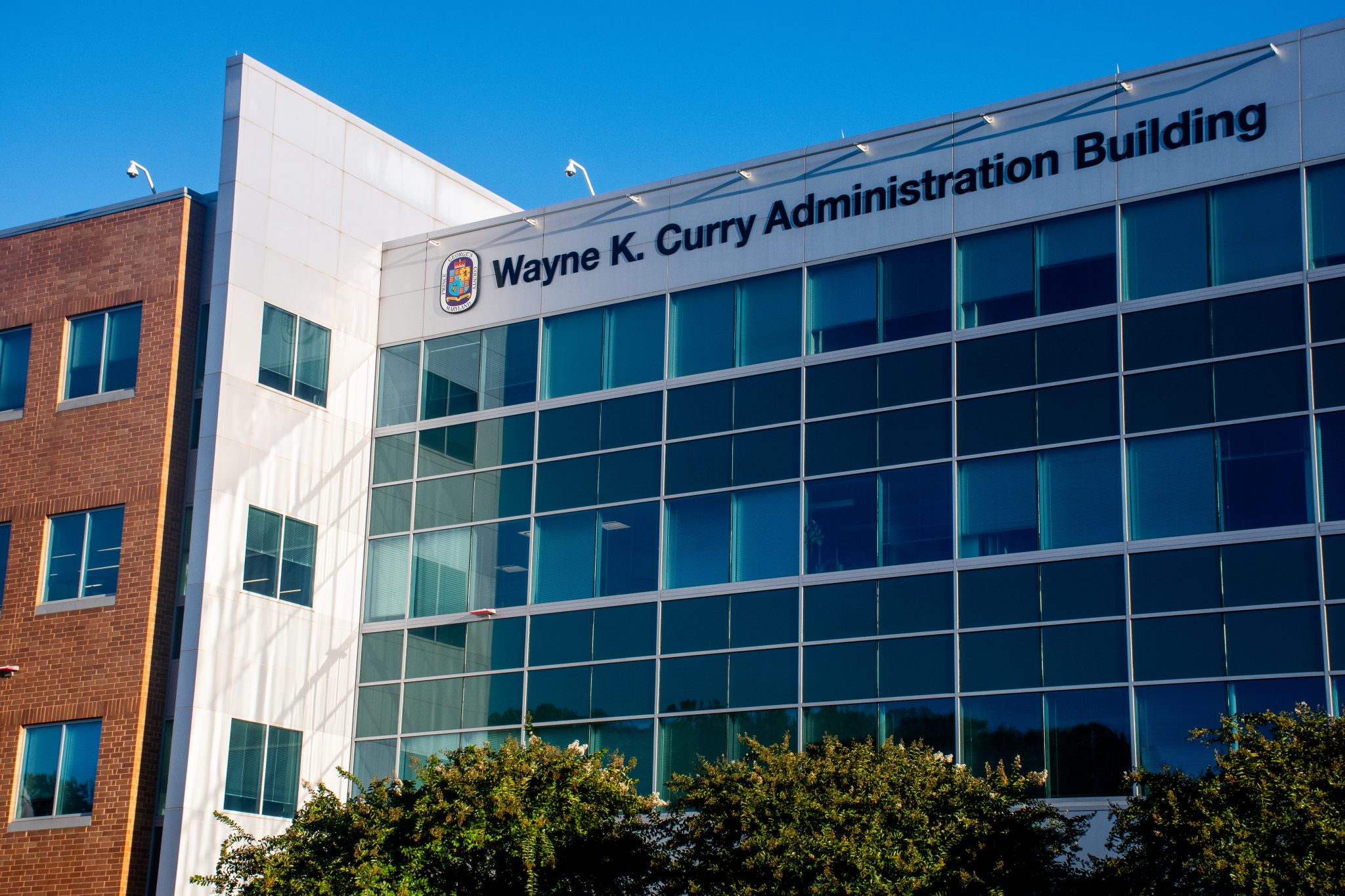The Prince George’s County Council unanimously passed a bill Tuesday that will annually adjust the county’s minimum wage based on national inflation rates.
The legislation aligns the county’s minimum wage rate based on the Consumer Price Index — a measure that tracks the average price change of goods and services such as food, housing and transportation, according to the United States Department of Labor.
The legislation is expected to take effect on July 1 and adjust minimum wage annually based on the average percentage increase in the Consumer Price Index over the previous 12 months.
The county last increased its minimum wage in 2017, but no adjustments for inflation were included, according to the county’s committee report for the 2024 legislative season. This January, the state’s minimum wage increased to $15 per hour.
Supporters of the legislation argued it’s a necessary step to protect workers from inflation. But some county residents said the legislation could have unintended consequences for direct support professionals — workers who support people with disabilities.
Service providers in Maryland typically receive most of their funding through reimbursement rates set by the state, which are based on the state’s minimum wage, not the county’s, according to Robert Baynard, board of director’s chair for the Prince George’s Provider Council.
[Ex-Prince George’s County Council member to serve 1 year in prison for felony theft scheme]
This means that if the county’s minimum wage is higher than the state’s, providers would have to absorb the increased wage costs without additional resources from the state, Baynard said.
Rob Malone — CEO of The Arc Prince George’s County, an organization that supports people with developmental and intellectual disabilities and their families — said this legislation could lead to less financial resources for direct support professionals, who provide support and services to people with disabilities.
Many direct support professionals are Black women and classified as low-wage workers despite the demanding nature of their roles, Malone said. He emphasized that these workers should be compensated adequately and urged the council to amend the bill to address this disparity.
“We hope you will not pull this car out of the garage without putting brakes in it and let’s make sure the bill is done correctly,” Malone said.
Like Malone, Baynard said the bill’s current structure could strain service providers.
Without additional state funding, Baynard emphasized that organizations like The Arc would struggle to absorb the increased costs and potentially jeopardize care for many people.
Lisa Shames, whose daughter lives in a group home managed by The Arc, expressed fears about the legislation’s potential impact on care for people with disabilities. She recalled the challenges The Arc faced during the COVID-19 pandemic as patients often faced life-threatening risks when group homes lacked sufficient staff.
Shames constantly worried whether her daughter would receive the correct dosage of her medications at the right time, she said.
“Please don’t help one community at the risk of hurting another community,” Shames said.
[Prince George’s County residents divided on bill to prevent stray shopping carts]
Jim Stockton, parent of an adult daughter with developmental disabilities, also spoke at the meeting and voiced concerns about the impact the proposed legislation will have on organizations like The Arc.
Direct support professionals are underpaid despite serving a critical role in ensuring the well-being of people with disabilities, such as his daughter, Stockton said. He expressed concerns that increasing the county’s minimum wage without adjusting state reimbursement rates could lead to staffing shortages as direct support professionals may leave the field for higher-paying jobs.
He urged the council to amend the bill to ensure any minimum wage increases are matched with adequate funding for service providers to ensure individuals with disabilities continue to receive their necessary care.
But other speakers at Tuesday’s meeting championed the legislation as a lifeline for workers struggling with rising living costs.
Christopher Meyer, a research analyst at the Maryland Center on Economic Policy, presented data to support the legislation’s potential benefits during Tuesday’s meeting. He said that tying minimum wage to cost-of-living would increase wages for nearly 44,000 workers by more than $20 million annually.
More than half of county workers experiencing poverty would see wage increases, with significant gains for women and people of color, Meyer added.
District 7 county council member Krystal Oriadha said the minimum wage needs to be adjusted because of Prince George’s County’s high cost of living and the struggles many residents face to make ends meet. But she also acknowledged the concerns highlighted by community members.
“It’s really dangerous to pit two groups in need against each other and to make this issue that it’s about either minimum wage workers have to suffer or the individuals that service our disability community have to suffer,” Oriadha said.



